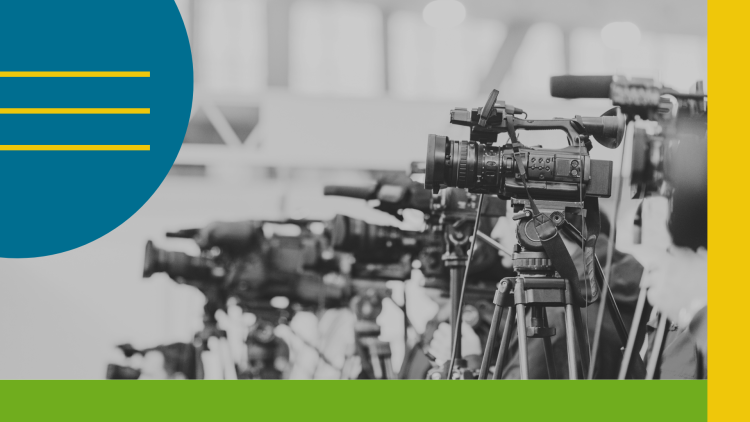
The Ukrainian Parliament’s adoption of Draft Law No. 11321 on 14 January 2025 signals a significant attempt to enhance transparency and guarantee media freedoms during martial law. While the initiative introduces positive safeguards—such as mandatory livestreaming of parliamentary committees and extended rights for journalists—it has sparked concern on social media, where some misrepresented its impact as online censorship. This reaction underscores the importance of clarity in both communication and implementation, especially when navigating wartime sensitivities.
Addressing gaps in journalist rights and public access
The draft law seeks to address existing legal gaps that restrict journalist movement and public oversight outside of active combat zones. Under current legislation, only journalists in frontline areas benefit from special protections. The new amendments would allow accredited journalists to move freely during curfew hours in areas under martial law, subject to security clearance.
At the same time, parliamentary committees will be legally required to publish on the official Verkhovna Rada website the following: work plans, meeting schedules, meeting agendas, draft acts, adopted acts, minutes and transcripts of meetings and hearings, and video recordings of open committee meetings. Agendas and draft acts must be published no later than 24 hours before the meeting, while acts adopted during the preparation of draft laws for first reading must be published within five working days; live broadcasts of open meetings are mandatory, and video recordings must be posted within 24 hours.
Journalists, media workers, and civil society representatives have the right to attend open committee meetings in person or remotely, with no additional accreditation required for those already accredited, and videoconference access links must be provided at least one hour before the meeting starts upon request.
From transparency to accountability: Aligning with ECHR standards
If signed into law, this draft could significantly enhance civil society’s oversight capacity. The move would not only expand access to parliamentary and local processes, but also align Ukrainian legislation with European Court of Human Rights (ECHR) case law, notably the judgment in Editorial Board of Pravoye Delo and Shtekel v. Ukraine.
Importantly, it also clarifies legal liability exemptions for journalists reposting content sourced from official documents or other media, reducing the risk of SLAPP-style lawsuits.
The addition of court orders as a basis for requiring removal of harmful online content is in line with European standards, contrary to claims that the law introduces censorship. In reality, it simply strengthens existing obligations to act on legitimate complaints.
Practical improvements with room for better messaging
For journalists working under martial law, the changes could significantly improve safety and mobility, enabling them to report in restricted areas without curfew-related barriers. Civil society organisations would also benefit from greater access to committee proceedings, which can enhance advocacy efforts and fact-based monitoring.
However, some confusion on Telegram channels about supposed censorship highlights the urgent need for clear public communication. The misinterpretation could undermine public support unless outreach efforts clarify the draft’s actual provisions and safeguards.
